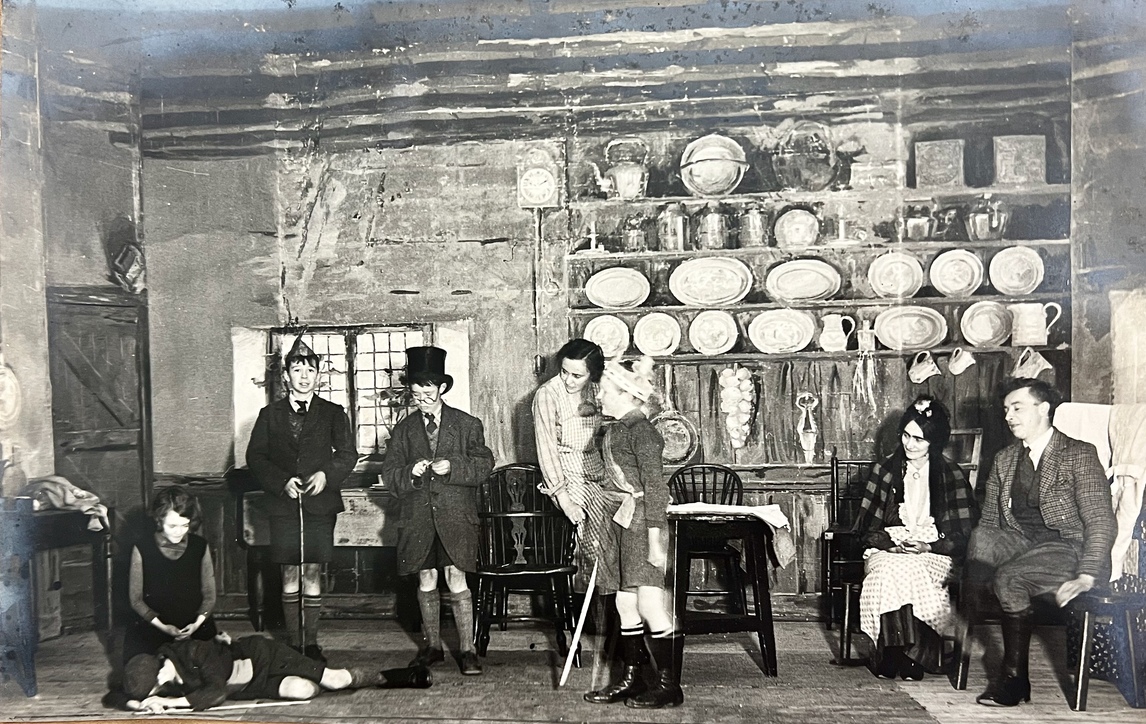
A 2024 graduate of the MA Literature, Romanticism and the English Lake District, Sue Wilkinson, has had a 3-page article on the Grasmere Dialect Plays published in 'Cumbria Life' magazine.
The magazine article is based on the research into the plays which Sue conducted as part of her final MA Dissertation, which uncovered the history of these plays as well as the regional customs and traditions and local Westmorland dialect which they record and celebrate.
The Grasmere Dialect plays were the inspiration of one dedicated woman: Eleanor Rawnsley (née Simpson), the second wife of Canon Hardwicke Rawnsley, co-founder of the National Trust. Eleanor wrote, produced and directed a Grasmere play almost annually for nearly 40 years, between 1900 and the beginning of the Second World War. Sue says: “It was a remarkable achievement, and one which deserves to be much more widely recognised as a key aspect of regional (Westmorland) heritage”.
The plays were a sensation at the time: they received ecstatic reviews in the local and national press, and people travelled hundreds of miles to see them. They were depictions of typical village life, acted wholly by Grasmere villagers - who also sold tickets and programmes, supplied props, painted backcloths, and provided music and refreshments. The annual Grasmere play was always a key event in the village calendar.
Since her graduation, Sue has been working with members of the Lakeland Dialect Society to revive the plays, with costumed readings at the University (in the ‘Cultural Landscapes’ lecture series, convened by Dr Penny Bradshaw) and at The Armitt Museum. Further readings are planned for the 2026 ‘Words by the Water’ Festival in Keswick and for a ‘Countrystride’ podcast.
Image (above): postcard depicting a 'play-within-a-play' scene, in the play Cuckoo Time, 1906; image credit: with kind permission of Wordsworth Grasmere.
|
|
